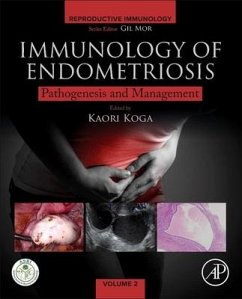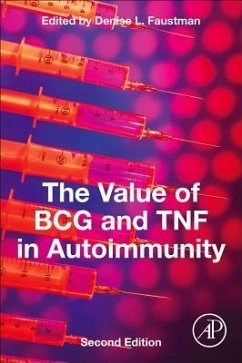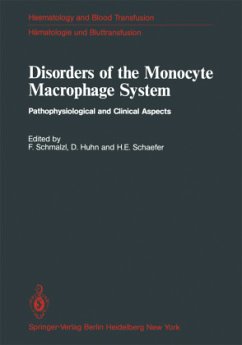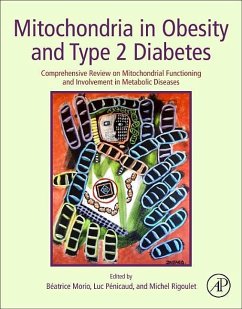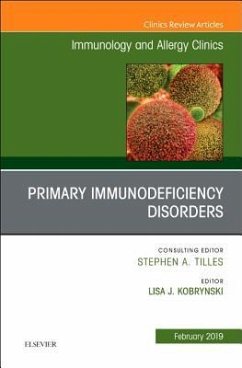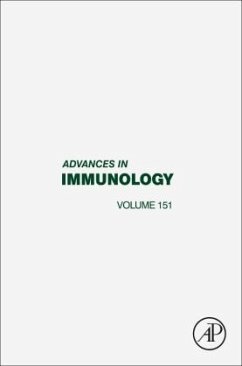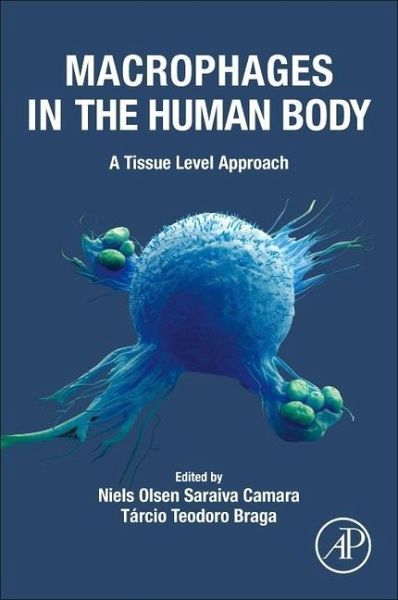
Macrophages in the Human Body
A Tissue Level Approach
Herausgegeben: Saraiva Camara, Niels Olson; Braga, Tárcio Teodoro

PAYBACK Punkte
67 °P sammeln!
Through recent research, there has been a significant number of findings involving the biology of macrophages. Beyond the 1st line of defense, macrophages have several specific characteristics across different tissues, organs, and systems. Macrophages comprehend a heterogeneous phagocytic population with wide range phenotypes, and tissue-specific functions, such as bone resorption, extracellular matrix production, red blood cells and bacteria removal, among others. Through innate immune receptors macrophages can modulate several pathways that culminate in the production of various types of inf...
Through recent research, there has been a significant number of findings involving the biology of macrophages. Beyond the 1st line of defense, macrophages have several specific characteristics across different tissues, organs, and systems. Macrophages comprehend a heterogeneous phagocytic population with wide range phenotypes, and tissue-specific functions, such as bone resorption, extracellular matrix production, red blood cells and bacteria removal, among others. Through innate immune receptors macrophages can modulate several pathways that culminate in the production of various types of inflammatory mediators such as chemokines, cytokines, oxygen reactive species, and lipid mediators which ultimately altered the behavior of other cells. Moreover, environment signals modify and induce metabolic reprograming that it alters phenotype and functions.
Macrophages in the Human Body: A Tissue Level Approach presents a current overview of the diversity of macrophages across multiple human body systems, their phenotype, function and metabolic characteristics. It covers translational aspects where there is research support to indicate the therapeutic potential.
Macrophages in the Human Body: A Tissue Level Approach presents a current overview of the diversity of macrophages across multiple human body systems, their phenotype, function and metabolic characteristics. It covers translational aspects where there is research support to indicate the therapeutic potential.




